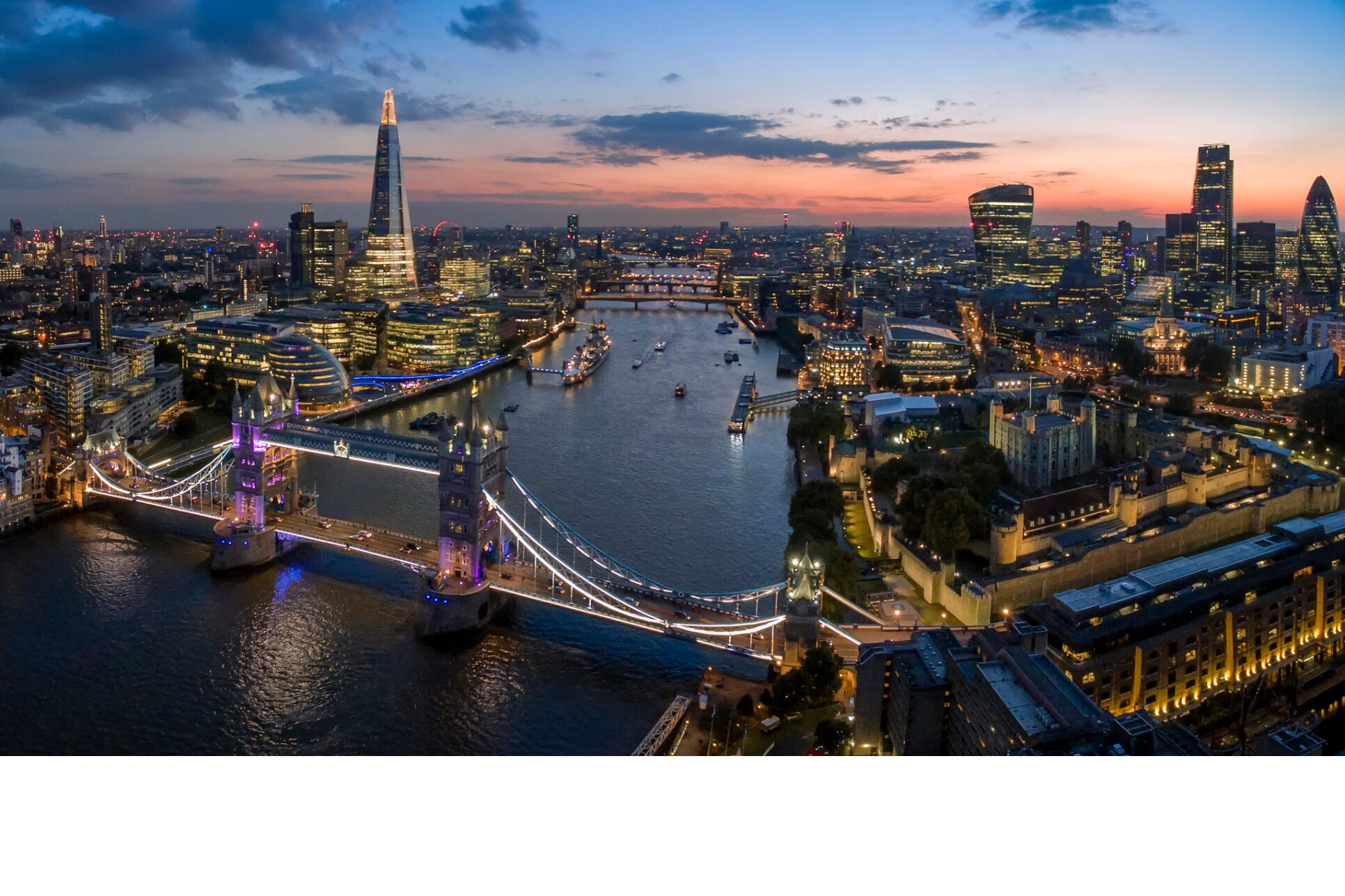Yesterday the government released a series of advertisements for its Cyber First scheme. The adverts themselves used a series of personal stories to show how currently employed members of the workforce could ‘reskill’ into a new industry. At the bottom of the advert above the HM Government logo are the words: “Rethink. Reskill. Reboot.â€
And so in one fell swoop the centuries old commitment of the British State to the arts, culture, and creative industries was severed. Throughout British History, enlightened monarchs provided an environment in which arts and culture could thrive. From this legacy emerged the Poet Laureate, the Court Composer, the Royal Opera House (which houses the Royal Ballet), the National Theatre, and The National Gallery, to name but a few.
There is a long established tradition around the world that a nation in which the arts, culture, and creativity thrive is indicative of a civilised and enlightened nation. But with the government’s backing of the Cyber First Scheme, it has made its position clear about the sort of country it wants to forge. That is, one of cold, calculating, impassionate, loveless robots, whose sole purpose is to provide output for GDP.
Multi Millionaire Entrepreneur Simon Dolan, who is currently involved in legal proceedings to challenge the decision of the UK Government to go into lockdown, tweeted: “In one message, the government tells you all you need to know. Screw beauty, screw the arts, screw enjoyment, screw passion, go retrain to sit in front of a computer all day. Really look at this and consider the message.â€
Downing Street responded to the outrage simply by saying that it was part of a “long-running campaign†and that the timing was “not acceptable†– a typically arrogant and uncompromising stand we have come to expect from the government.
What is more, the government seemed to be contradicting itself by announcing the Cyber First Adverts at the same time when the Culture Secretary was awarding £257 million to save struggling arts organisations, stating that they wanted to “save the jobs in arts.â€
The most offensive of these adverts was one of a ballerina named Fatima, with the accompanying text: “Fatima’s next job could be in Tech.†As if this was not offensive enough, a further caption said, “with the essential cyber skills needed to set you on a rewarding career path,†as if to suggest a job as a ballerina was not rewarding. I would be willing to guarantee that not a single member of the arts community was even involved in the conversation surrounding these adverts, let alone a ballerina.
If it wasn’t already clear, Fatima doesn’t need to reskill. Her skill is enough for her to find fulfilment in her life. What she doesn’t need are patronising, insulting and offensive adverts from the country she calls home to tell her that what she produces doesn’t matter. The arts are viable jobs; they are personally rewarding and they are nationally valuable. If we consider the alternative, we would live in a barbarian world without hope, without optimism, and without the sense of community that the arts provide. This is a world without buskers, without street artists, street dancers, poets, ballerinas, garage bands, amateur pub band nights, not to mention concerts and festivals. That is not a world in which I want to live.
William Blake once said, “I must create a system, or be enslaved by another man’s. I will not reason and compare: my business is to create.â€
If there is to be any inspiration to be taken from this sad admission from the government, it is that the business of the arts is to create, and the greatest protest possible is to show that the arts can continue to create, even when under siege from the government.

















